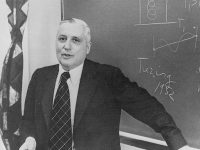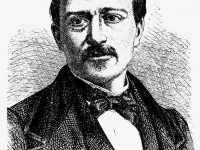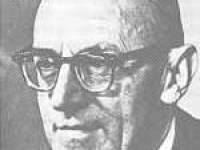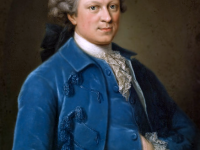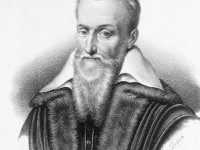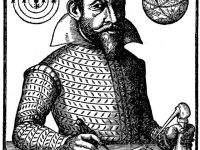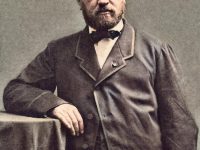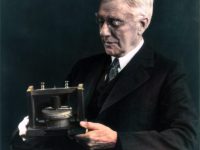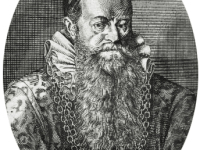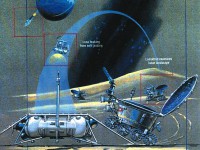Ilya Prigogine and the Irreversibility of Time
On January 25, 1917, Belgian physical chemist and Nobel Laureate Ilya Prigogine was born. He is noted for his work on dissipative structures, complex systems, and irreversibility. The main theme of Prigogine‘s work was the search for a better understanding of the role of time in the physical sciences and in biology. He attempted to reconcile a tendency in nature for disorder to increase with so-called “self-organisation“. “The problem of time in physics…
Read more

